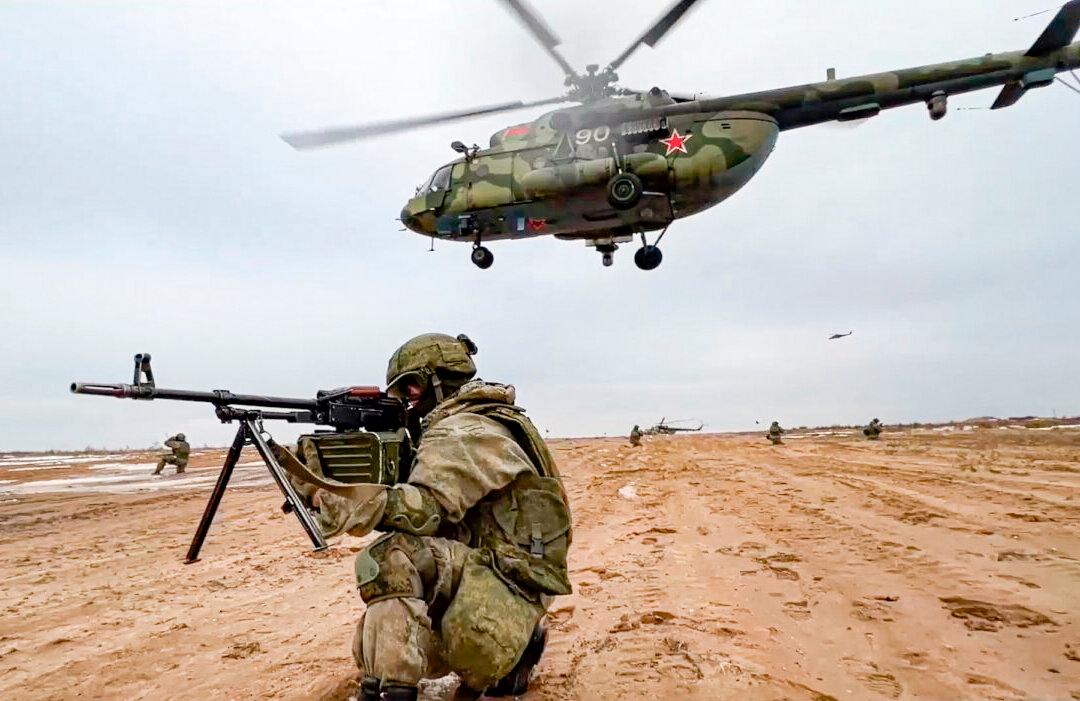Russia is set to take an even tougher crackdown on “unofficial” reporting and “disinformation” regarding its invasion of Ukraine, according to State Department spokesperson Ned Price.
On Friday, the country’s Kremlin-dominated parliament will meet in a special session to consider legalizing a bill that would make “unofficial” reporting on the invasion a crime that is punishable by up to 15 years in prison, Price said in a March 2 statement.




